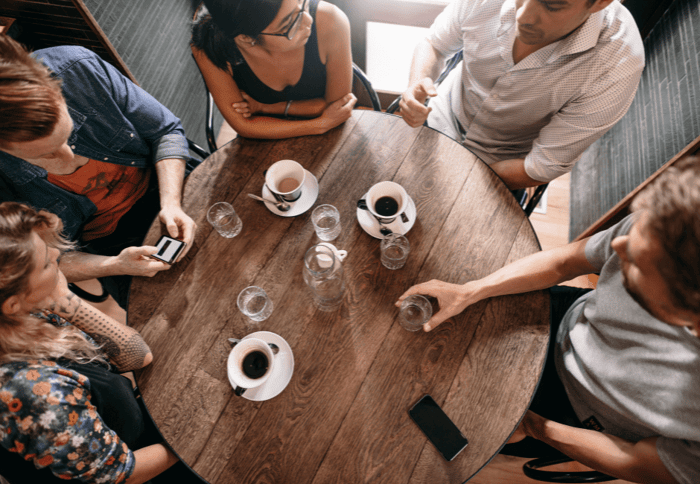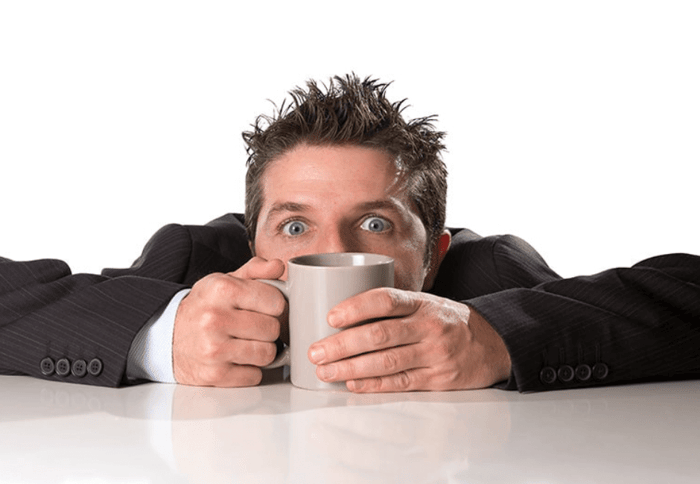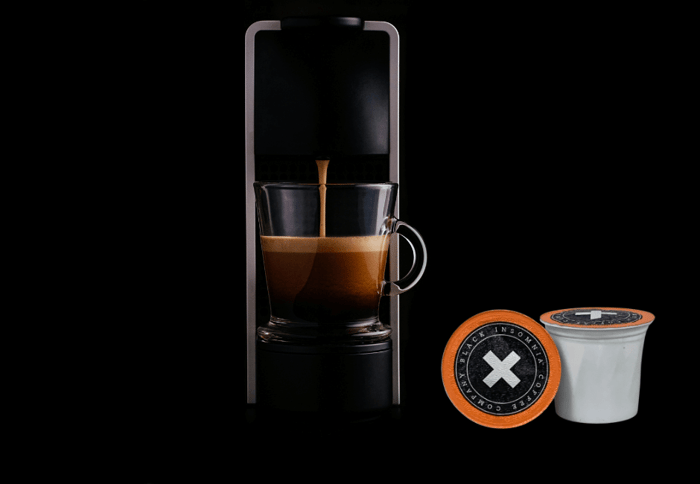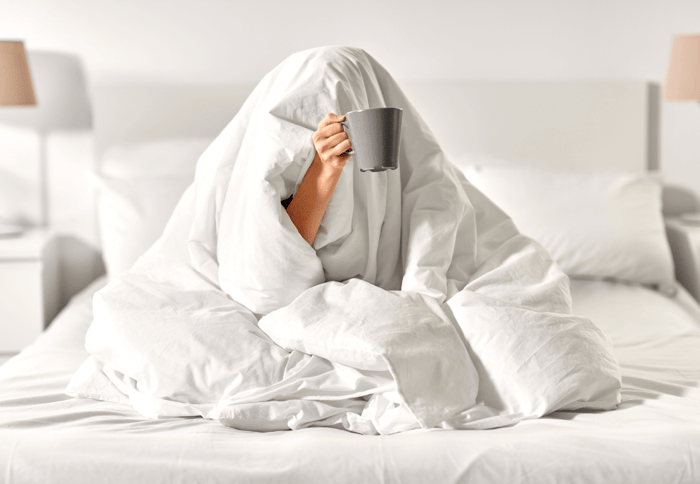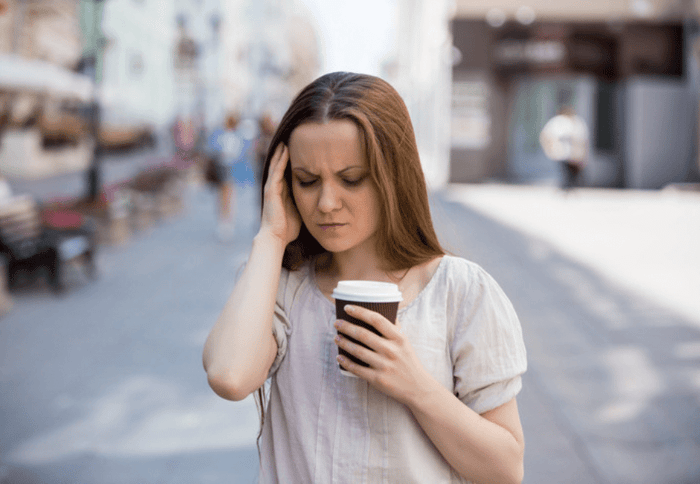"One size fits all" advice is rarely accurate—even when it comes to something as seemingly simple as caffeine.
What works for your neighbor may not have the same effect on you.
Why?
There are many factors to consider, including how much caffeine you typically drink, whether you're a "fast" or "slow" metabolizer of caffeine, and whether you have any underlying health conditions.
But did you know that depending on your individual lifestyle, you may metabolize caffeine differently than other people?
It's true—here are some (but not all) lifestyle factors that can affect how caffeine works in your body:
Coffee and Tobacco Use
For example, people who smoke cigarettes may metabolize caffeine more quickly than nonsmokers. In fact, according to some research, smoking may actually double the rate of caffeine metabolism.
Now, this isn't an excuse to start smoking! Smoking is harmful to your health—plain and simple. But this is an important factor to consider if you're wanting to better understand out how caffeine affects you personally. It's probably better to wait the extra few minutes for your coffee to kick in rather than starting a smoking habit that will have much more serious consequences down the road.
Coffee and Alcohol Use
Other lifestyle choices, like drinking alcohol, can also influence how caffeine works in your body. Regular consumption of 50g of alcohol per day may increase caffeine's half-life by around 72%!
So, if you find that caffeine doesn't seem to affect you exactly the same as it used to, it could be due to changes in your alcohol consumption habits.
Coffee and Diet
Hey, I get it—life is busy. We don't all have time to cook gourmet meals from scratch every night using only the freshest, healthiest organic ingredients. Yeah, some of us do—and props to you if that's you!—but many of us are just trying to get by. Still others have dietary restrictions that we don't really have control over.
Whether your diet is a choice or a necessity, the foods you eat (or don't eat) can also have an effect on how caffeine works in your body.
For example, eating broccolli can increase your caffeine clearance. I know "increasing your caffeine clearance" may sound like you get access to privileged caffeine information, or get to hang out in a special lounge at the airport or something, but all it really means is that broccoli makes your body get rid of caffeine faster.
Depending who you are, that can be a good thing, a bad thing, or a "who the hell cares?" thing. (For me, it's a "I can't remember the last time I ate broccolli" thing.)
Other "brassica" vegetables, including brussels sprouts, cauliflower, kale, collard greens, cabbage, and turnips have similar effects.
But these vegetables aren't the only foods that can have an effect on caffeine metabolism. Grapefruit juice, for example, actually makes caffeine stay in the bloodstream longer—increasing its half-life, and lowering your caffeine clearance.
So, it stands to reason that if you want your caffeine to stick around in your body a little bit longer, drinking grapefruit juice might not hurt—and it's a hell of a lot healthier than drinking alcohol.
Final Thoughts
Of course, these are just a few examples. Without judging anyone's lifestyle choices (or restrictions), it's important to be aware of how factors like these can influence your caffeine metabolism, so that you're aware of how your body responds to coffee. Knowing how your body metabolizes caffeine can help you make informed choices about your caffeine consumption, and perhaps even alter your consumption if it makes sense to do so.
At the end of the day, there's really only one way to figure out how caffeine affects you as an individual, and that's by paying attention to your own body and how it feels after you've had caffeine.
Black Insomnia Extreme Caffeine - Strongest Coffee in the World
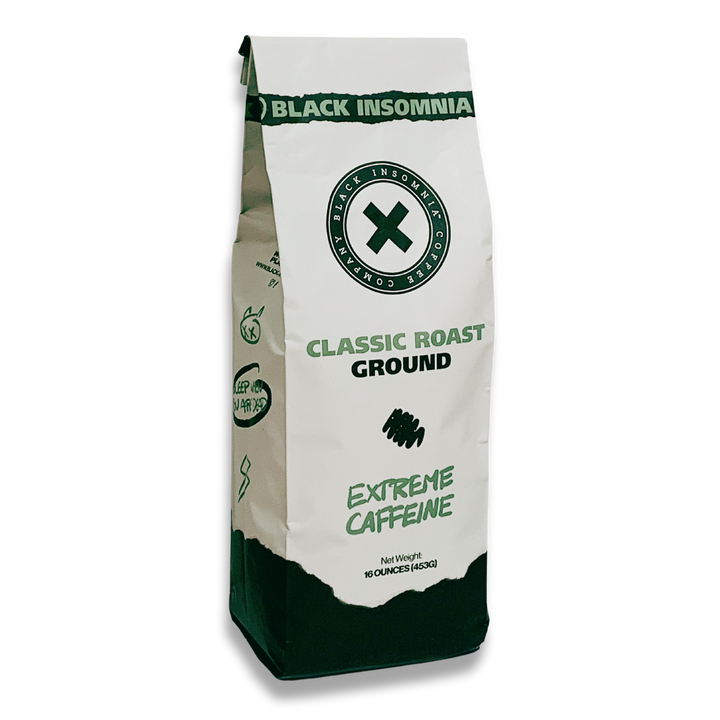
$19.99
The Strongest Coffee in the World Black Insomnia contains up to 4x more caffeine than other brands. Lab tested. Coffee-holics approved! Tired of being tired? Needing 4-6 cups of coffee just to feel sluggish by 3pm? Not anymore! Its time… read more
Additional Resources
Curious just how much caffeine is in your cup of coffee, how much caffeine it would take to kill you, or what the hell the difference between strong coffee, bold coffee, and rich coffee is? Check out these resources:
-
How Much Caffeine is in Coffee? - Find out the caffeine content of everyone's favorite morning beverage.
-
What's the Difference Between Strong, Rich, & Bold Coffee? - Another common coffee question, with another not-so-simple coffee answer.
How Much Caffeine Will Actually Kill You? - We all know that too much of anything can be bad for you, but just how much caffeine does it take to kill a human being? The answer may—no—will surprise you!

